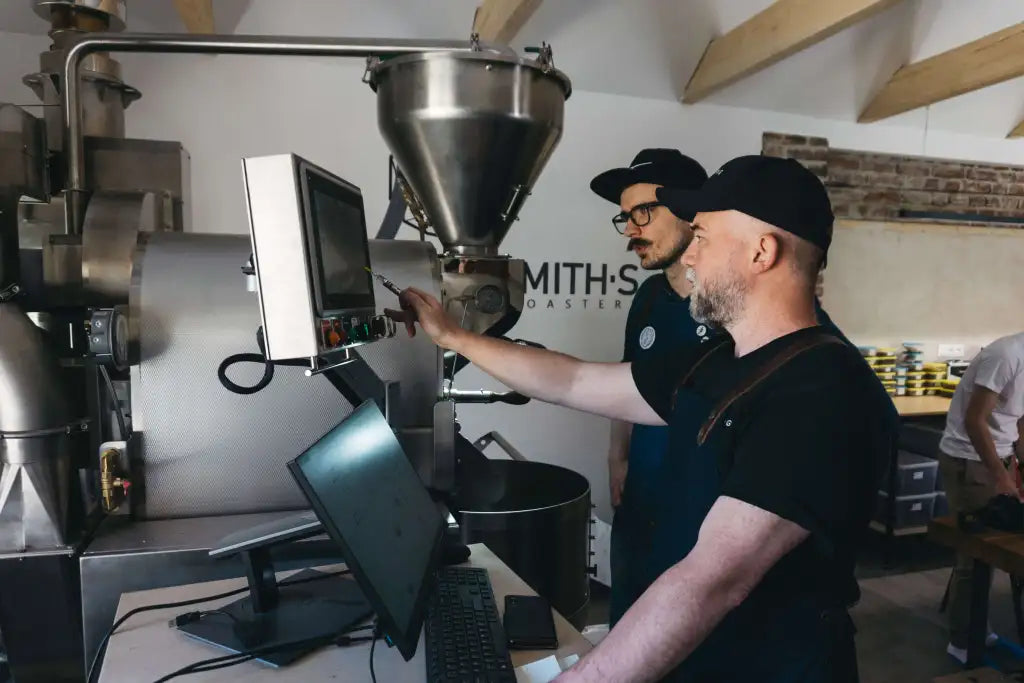Perched at 2,000–2,100 meters above sea level in Bochesa Kebele, Arbegona Wereda, in the East Sidama Zone of Ethiopia, the Bochesa Washing Station is one of the region’s newest and most ambitious specialty coffee projects. Established in 2022 on 1.5 hectares of land, the station is already making a name for itself through quality, innovation, and community impact.
Bochesa processes between 500 and 600 tons of cherry annually, sourced from 823 smallholder farmers who grow a range of indigenous Ethiopian coffee varieties including selections like 74110, 74112, 7440, and 7454, all of which stem from the wider Heirloom classification. In Ethiopia, Heirloom refers to a vast mix of wild and cultivated varieties, often unique to each microregion and passed down through generations.
With plans to expand, Bochesa is already setting new standards for processing excellence. Upcoming projects include drilling underground water sources, building solar tunnels for improved drying, and installing artificial dryers to complement natural processing during challenging weather conditions. The station currently supports six permanent workers, four seasonal employees, and 220 temporary laborers during peak harvest times.
Bochesa’s washed coffee process is carefully managed to highlight the clarity and consistency of the cup. Every stage is controlled with strict attention to detail and sustainability:
1. Cleaning – Debris like leaves and stones are removed from the incoming cherry.
2. Washing – Cherries are rinsed before pulping.
3. Pulping – Fruit and skin are separated from the beans.
4. Fermentation – Beans ferment in water tanks for 12–16 hours to break down mucilage.
5. Second Washing – A thorough rinse ensures clean parchment.
6. Drying – Beans are spread on raised beds, turned regularly, and covered during intense midday heat and overnight. Drying typically takes 10–14 days.
7. Storage – After drying, parchment coffee rests for about 20 days in separated lots before cupping and shipment.
Bochesa goes beyond coffee by investing in the local community. Farmers receive coffee seedlings, financial support, and premium payments based on the quality and quantity of cherry delivered. These initiatives help create a more resilient, equitable supply chain and strengthen the surrounding community.




